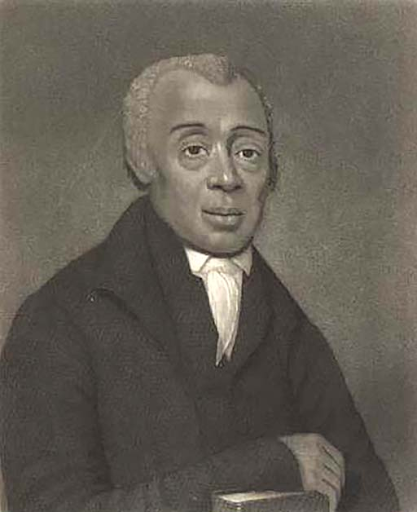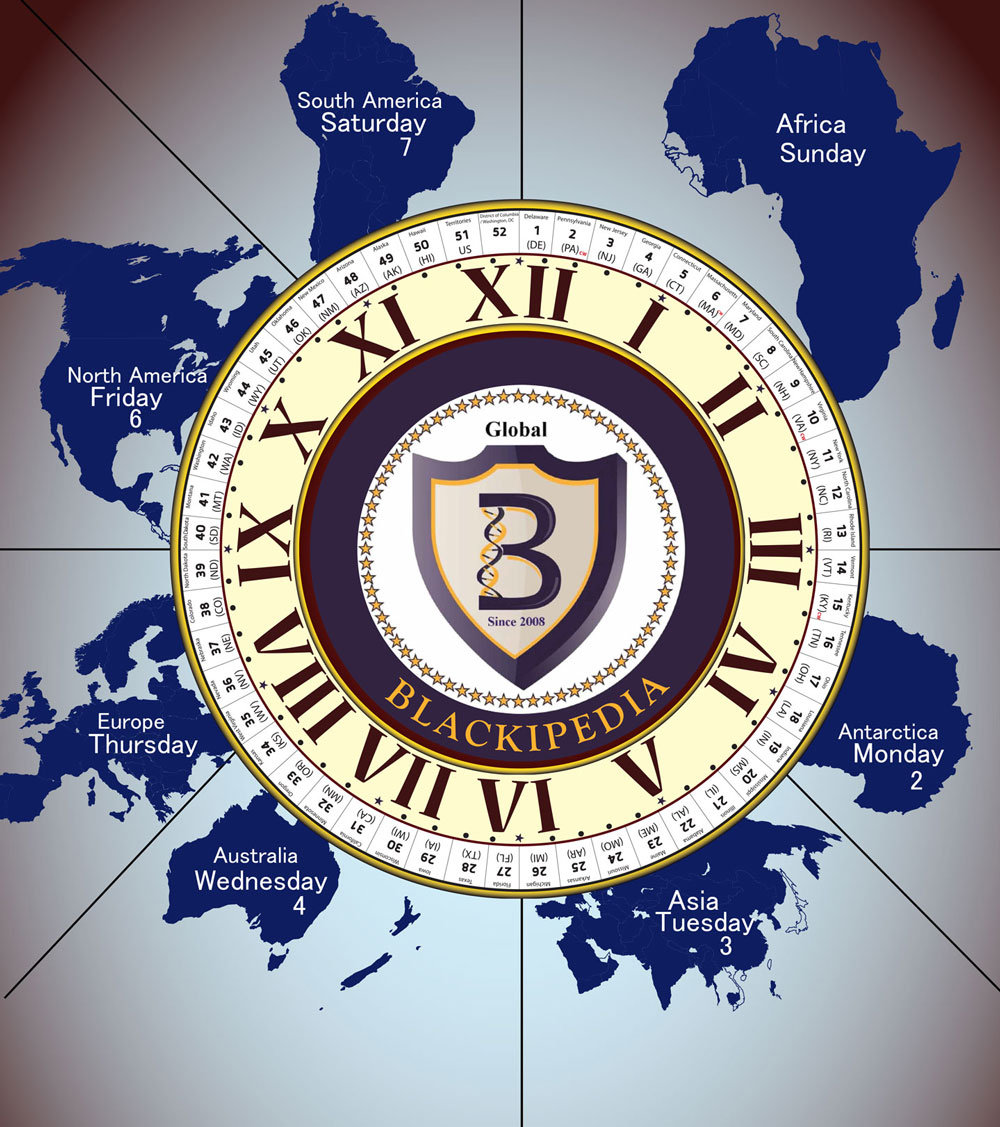Richard Allen was born into slavery on February 14, 1760, in Philadelphia. In 1768 Allen’s owner Benjamin Chew, a Philadelphia lawyer, sold the enslaved African and his parents and three siblings to Stokely Sturgis, a Delaware Plantation owner. Sturgis permitted Allen to attend religious meetings, and in 1777 Allen converted to Methodism at the age of 17. Sturgis had a change of heart in regards to owning enslaved Africans and offered those under his ownership a chance to buy their freedom. Allen began hiring himself out for odd jobs, and in 1783 he paid Sturgis $2,000 for his freedom, and he changed his name from “Negroe” Richard to Richard Allen.
As a free African, Allen began preaching in Delaware and Maryland, and in 1786 he was invited back to Philadelphia, Pennsylvania, to be an Assistant Minister at St. George’s Methodist Episcopal Church. With Allen preaching, the church’s black population increased, which caused tension among the white congregants. The church then began segregating the churchgoers, with Allen and the African Americans being at the back of the church. In 1787 Pennsylvania entered the State of the Union, and in the same year, Allen and his followers walked out of St. George’s Methodist Episcopal Church and never returned.
After separating from the St. George’s church, Allen and another African American preacher, Absalom Jones, formed a non-denominational mutual aid society that assisted fugitive enslaved Africans and new migrants to Philadelphia. This non-denominational society was called the Free African Society. Allen and Jones had a difference in opinions on whether the society should align with the Methodist church or the Episcopal church, which caused them to separate. Allen and his followers stayed with the Methodist church as a separate African American congregation. Allen converted a blacksmith shop and opened the doors of Bethel AME Church on July 29, 1794.
Additional African American congregations of the Methodist Church formed in other areas of Pennsylvania, New Jersey, Delaware, and Maryland. In 1816, Allen united five of these African-American congregations. Together, they founded the African Methodist Episcopal Church (AME), the first fully independent Black denomination in the United States. This same year Allen was elected their first bishop, making him the first African American bishop in the United States.
Aside from his activity in the church, during his lifetime Allen was passionate about education and opened a day school for African Americans, including enslaved Africans that could attend. Allen also actively worked for abolition and operated a station outside his home on the Underground Railroad for fugitive enslaved African Americans.
References:


